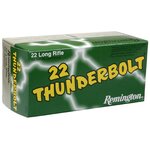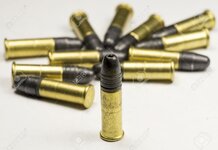When my friend passed away in 08', his widow gave me a portion of his birthday silver.
His mother had given him an ounce of silver every birthday.
His first year, she gave him a one ounce bar, then on his second year she gave him two ounces. etc, etc.
She stopped doing that by the time he was 25 and there was around 325 ounce in his safe.
I thought that was a cool thing to do. I kinda wish she had bought gold ounces instead.
His mother had given him an ounce of silver every birthday.
His first year, she gave him a one ounce bar, then on his second year she gave him two ounces. etc, etc.
She stopped doing that by the time he was 25 and there was around 325 ounce in his safe.
I thought that was a cool thing to do. I kinda wish she had bought gold ounces instead.
Last Edited:













